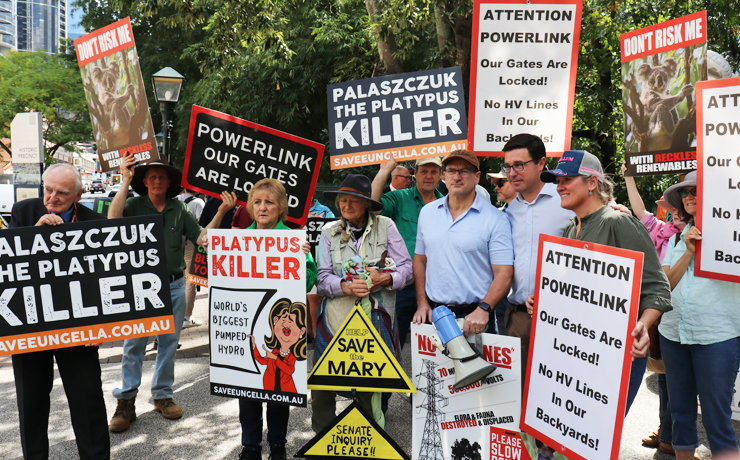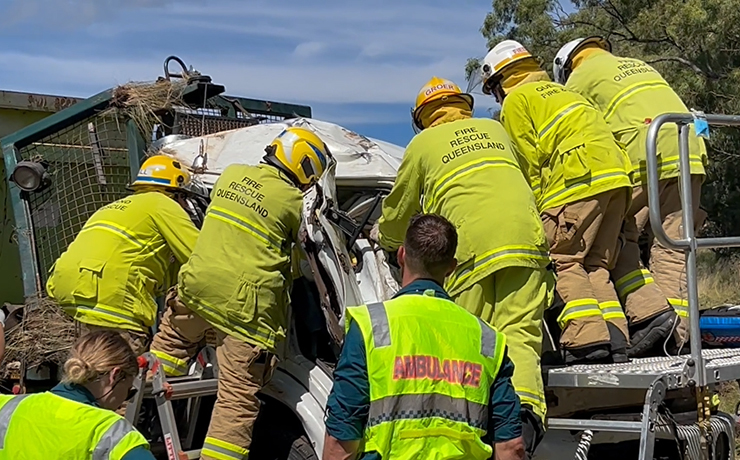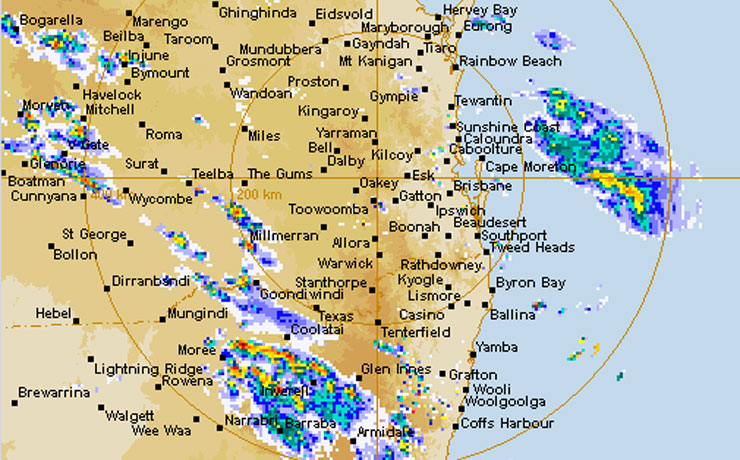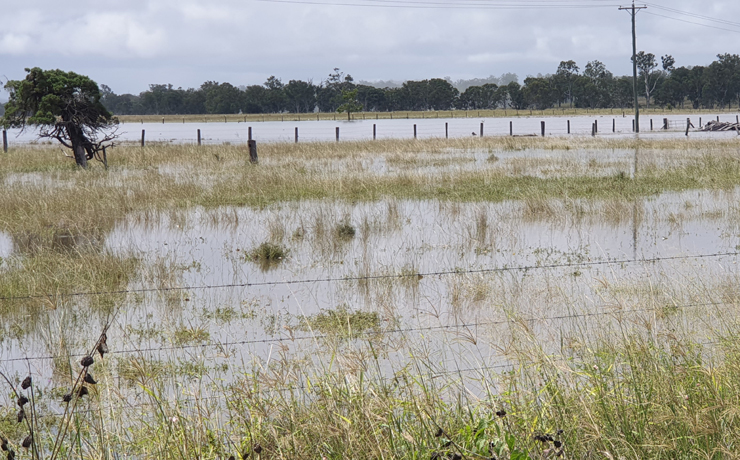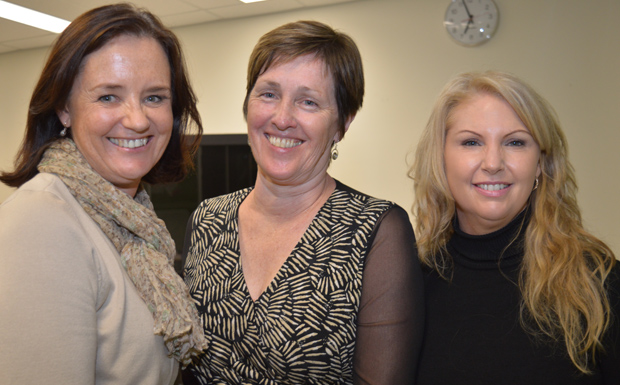
July 20, 2016
Epilepsy isn’t often considered a fatal condition – and fortunately, usually it isn’t – but the reality is that every year people with epilepsy DO die, and often the cause of death seems a mystery.
This syndrome, which in ways mimics Sudden Infant Death Syndrome (SIDS) in babies, is known as Sudden Unexpected Death in Epilepsy (SUDEP).
University of Melbourne Research Fellow Dr Rosey Panelli visited the South Burnett recently to raise awareness about SUDEP – and the management of epilepsy – amongst GPs, registrars, nurses, health care workers and medical students, .
The visit was organised by the Darling Downs West Moreton Primary Healthcare Network (DDWM PHN).
Dr Panelli has more than 20 years’ experience in the research of epilepsy and is currently undertaking a study of unexplained epilepsy deaths in the ACT over the past 10 years.
She told southburnett.com.au she had become very interested in how GPs manage people with epilepsy after they return with a specialist diagnosis.
Dr Panelli said GPs had an important role to play in helping people manage their seizures, and thus manage their risks of dying.
“Seizures are the most common cause of death,” she said.
Dr Panelli said the people most at risk of dying were those who had seizures at night. The person is often found dead in bed, lying face down.
“More people die from SUDEP every year than SIDS,” she said.
She said studies in the United Kingdom had identified four “red flags”, or risk factors, that GPs should be watching for in their patients with epilepsy.
These were:
- Alcohol use – While some doctors suggest a few alcoholic drinks won’t do any harm, there could be complicated interactions between alcohol and some drugs
- Injury in the last 12 months – This could be any sort of injury, not necessarily obviously related to epilepsy
- Not picking up their medications – GPs should be alert if their patients appear to not be following their medical plan
- Depression – People with epilepsy have a higher risk of depression than the general population.
Dr Panelli said GPs should be carefully monitoring their patients with epilepsy, and treating it – and billing it to Medicare – as a chronic disease which requires a management plan.
She said special attention should be paid to women on anti-convulsant medications.
“Women with epilepsy really need to plan their contraceptives. GPs need to be re-visiting this often, and if women are planning to have a child, either reduce their medication or change it,” Dr Panelli said.
“But women should just not stop, because that could trigger a seizure.
“These are the sort of things that GPs need to be talking about more often with their patients.”
Dr Panelli said more education was also required for forensic pathologists to recognise SUDEP deaths.
External links













